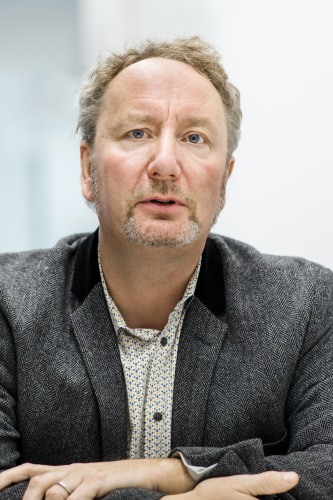Australian Broadcasting Corporation
Is southern Europe now powering the EU economy?
During the eurozone crisis of the 2010s, southern European countries like Greece and Spain often faced criticism from northern Europeans, because of their perceived economic 'mismanagement'.
In 2024 the tables have turned - with Greece, Portugal and Spain now growing faster than Germany, the traditional economic powerhouse. And with the Eurozone only recently exiting a shallow recession, the EU's economic recovery has been aided by the southern countries.
Read Article
In 2024 the tables have turned - with Greece, Portugal and Spain now growing faster than Germany, the traditional economic powerhouse. And with the Eurozone only recently exiting a shallow recession, the EU's economic recovery has been aided by the southern countries.
